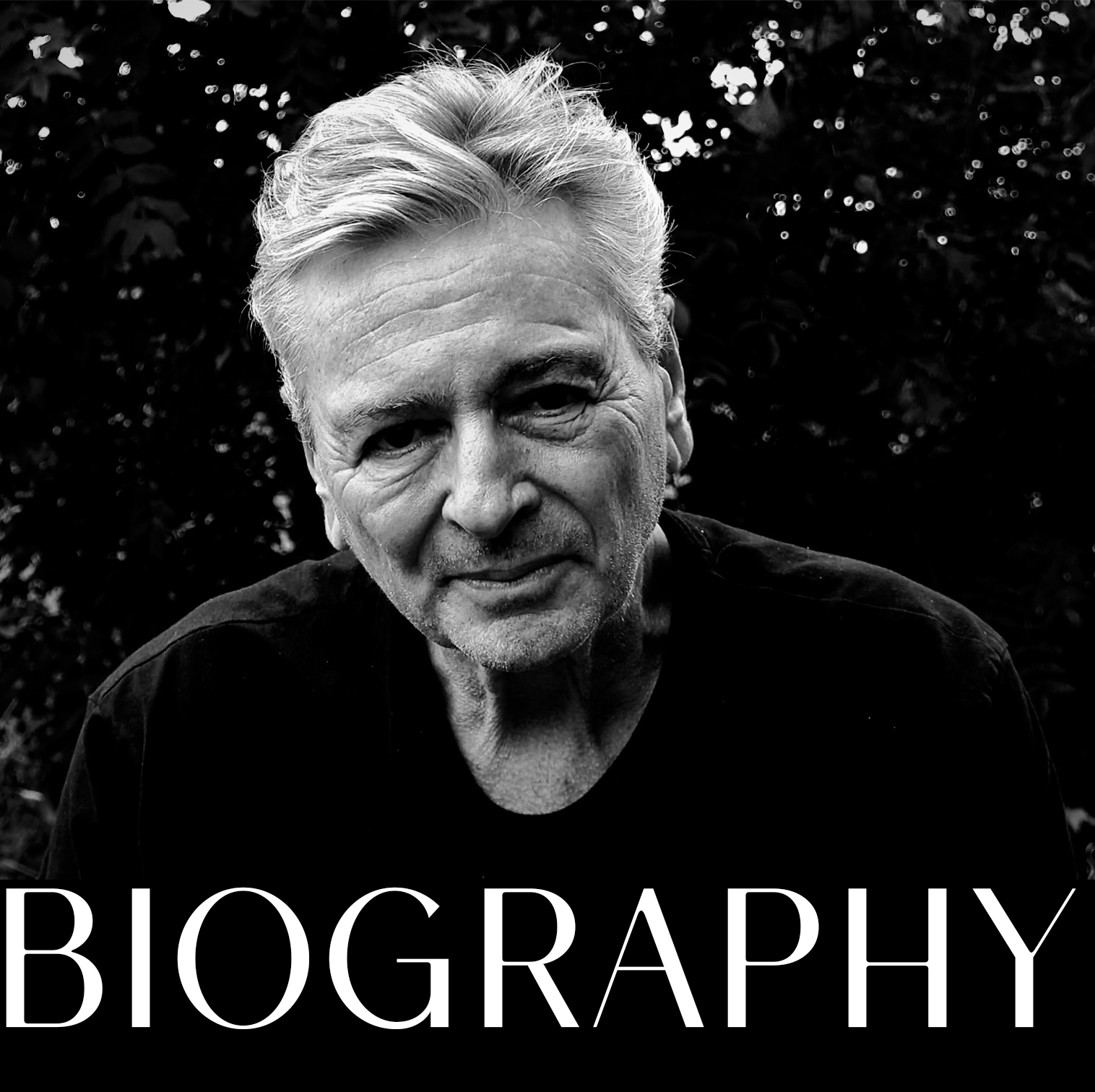
Heddy Maalem is sometimes rather withdrawn, a man of silence.
He is wary of fakers, pretenders, those who fiddle with things that should be exact. Like him, his dancing is simple, blunt, seeking interior change without ostentation or ornament.
The secret tension simmering beneath the surface can be felt both in his work and in his person. A man who technically is from two countries, France – he clarifies: from Languedoc – and Algeria, Heddy Maalem prefers to think of himself as a son of the Mediterranean, this sea trying valiantly to fill the gap separating the two peoples. You have to nudge him, and when you do, Heddy Maalem actually tells us one of his boyhood memories, precise, emblematic: “In Algeria, we lived in the Aurès, in Batna. We lived in the ‘black quarter,’ where the black Africans lived. The country was at war, and we were constantly hearing drums playing, accompanying the dances of the immigrants from the South. Since then, war and dance have always been linked in my mind.”
The choreographer emerged from this violence, this separation. He came to it rather late, after several years studying Oriental languages, traveling, odd jobs and especially amateur boxing, until he was 28. His encounter with dance was accidental, achieved mostly through teaching aikido for many years. He perceived dance as something unexpected, clear, a way of moving, of being, of working with his memories, historic, ancestral, personal.
“Having survived the tearing apart of my two countries, I sometimes feel like a stranger. In dance I am not borrowing from any existing school of thought, I must invent my own language, an ‘unmarked’ language.”
Heddy Maalem spent a great deal of time researching the workings of his own body, asking himself simple questions: why and how to move? How do I use the floor? How do I run, walk? Little by little he found a style, movements which begin from the center of the body or from the floor, movements which cut into space or touch a partner, without lyricism but with a certain aesthetic, a pure physicality.
His approach also deals with time, using the body as a poet uses language, as material. His intent to stand apart from the current frenzy is his commitment to a kind of radicality.
Director :
Collateral beauties
Overseas (À l’étranger)
Choreographer, teacher, discoverer of talents recognized on the national and international scenes, Heddy Maalem decides, in 2017, to recover his creative freedom by putting an end to his choreographic company after several tours of the world with his creations (Black Spring, The Rite of spring, But the Devil is walking by our side, Praise of the mighty kingdom …). In the intimacy of his studio and during many travels, he renews his relationships with the interpreters by conducting video-graphic research. He directed the film “Abroad, portraits of dancers” and the collection “Collateral beauties”
